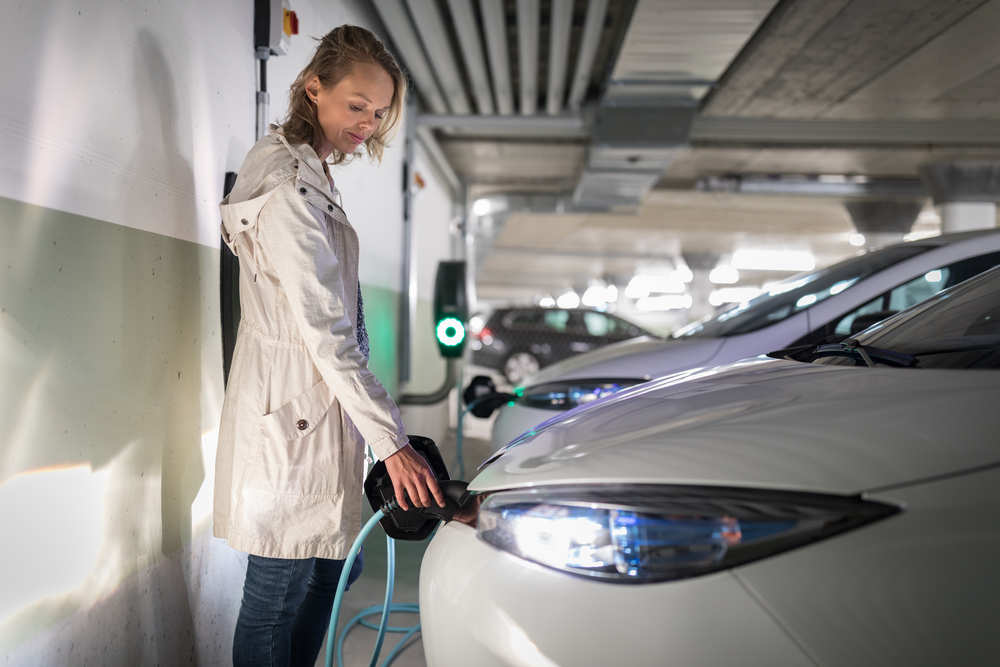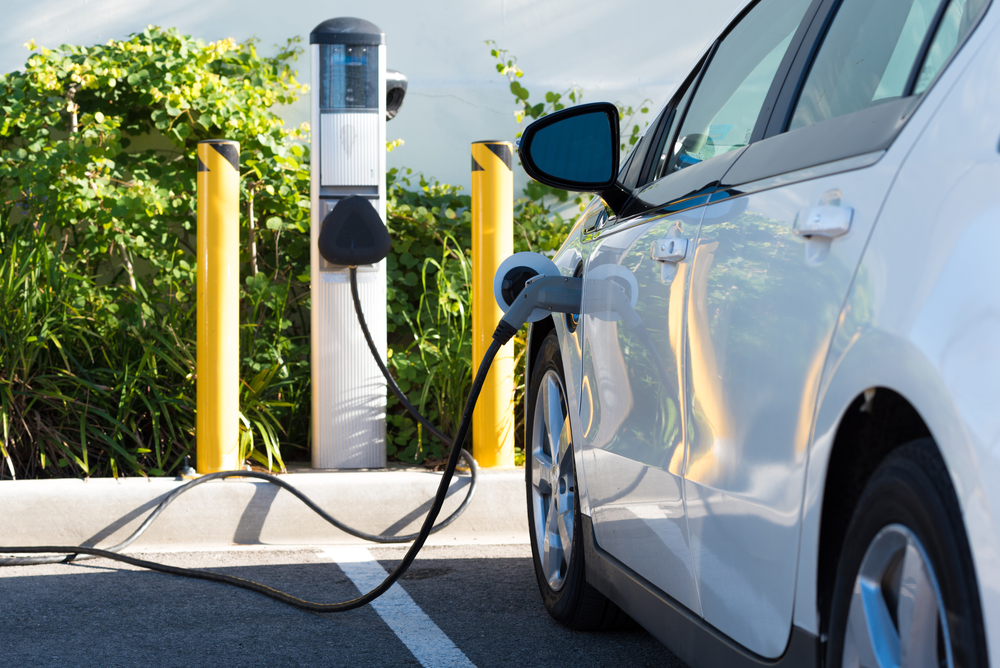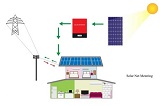There are a few benefits of owning an Electric Vehicle in Ontario, but on longer trips through less populated areas, drivers might be anxious about running out of power between charging stations. Unfortunately, lack of electric vehicle charging infrastructure remains one of the most significant barriers to widespread EV adoption in Ontario and Canada, but a newly announced program by the Federal Government is hoping to change that. Natural Resources Canada is investing up to $3.9 million to increase EV infrastructure and reduce greenhouse gas emissions nationwide.
How Does It Work?
The EV Charger Incentive Program by Green Economy Canada will provide up to $100,000 per applicant in financial rebates to increase EV infrastructure projects in public places, on streets, multi-unit residential buildings, workplaces and light-duty vehicle fleets. Any legally incorporated or registered for-profit or not-for-profit organization in Canada can apply.
By installing EV charging stations, future-minded entities can respond to the increased public demand for these amenities and boost their reputation among environmentally conscious drivers. Still, this upgrade can be a significant upfront investment.
The EV Charger Incentive Program can help offset the expense by reimbursing up to 50% of the total eligible project costs, which include EV chargers, licenses and permits, salary and benefits related to implementing the project, rental or leasing costs and professional services such as engineering and construction.
This program will be open between Feb. 4, 2022 and March 31, 2024. During the initial application period, which runs through March 21, this program’s eligibility is limited to members of underrepresented groups, including Indigenous people, the LGBTQ+ community and people with disabilities. Organizations that do not self-identify in any of these categories can join the waiting list.
The Future of Electric Vehicles
According to the International Energy Agency, 230 million electric vehicles must be on roads worldwide by 2030 to stay on target with global climate change goals. Today, there are only about 200,000 battery-electric and plug-in hybrid cars on Canadian roads, so there is plenty of ground to make up.
In November, six leading automakers committed to the Glasgow Declaration on Zero-Emission Cars and Vans, an agreement to phase out new gas and diesel-powered models by 2035 in countries including Canada. The Canadian government has also mandated that all light-duty vehicles sold in Canada will be zero-emissions by the same year. That means more electric vehicles are on the way in the coming years, so it’s vital to prepare for that future today.
Most EV owners in Ontario are early adopters who charge their vehicles at home, which can contribute to higher electric bills. If this issue is a concern for you, consider adding solar panels to your environmentally friendly efforts. With a home solar array, you can achieve energy independence by harnessing the sun’s rays to generate electricity. Take the first step by requesting free quotes from experienced solar panel installers. We are always here to help!












